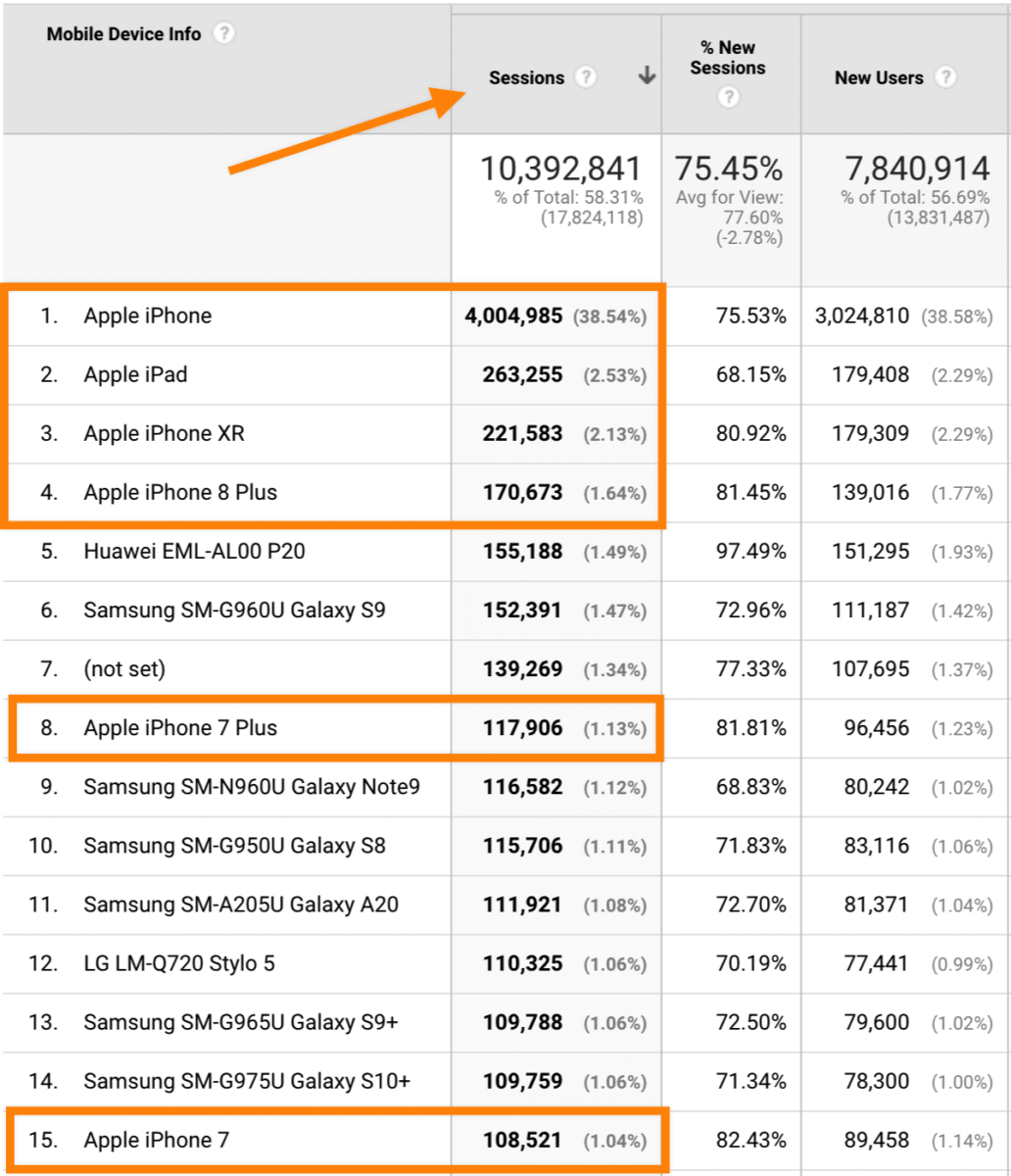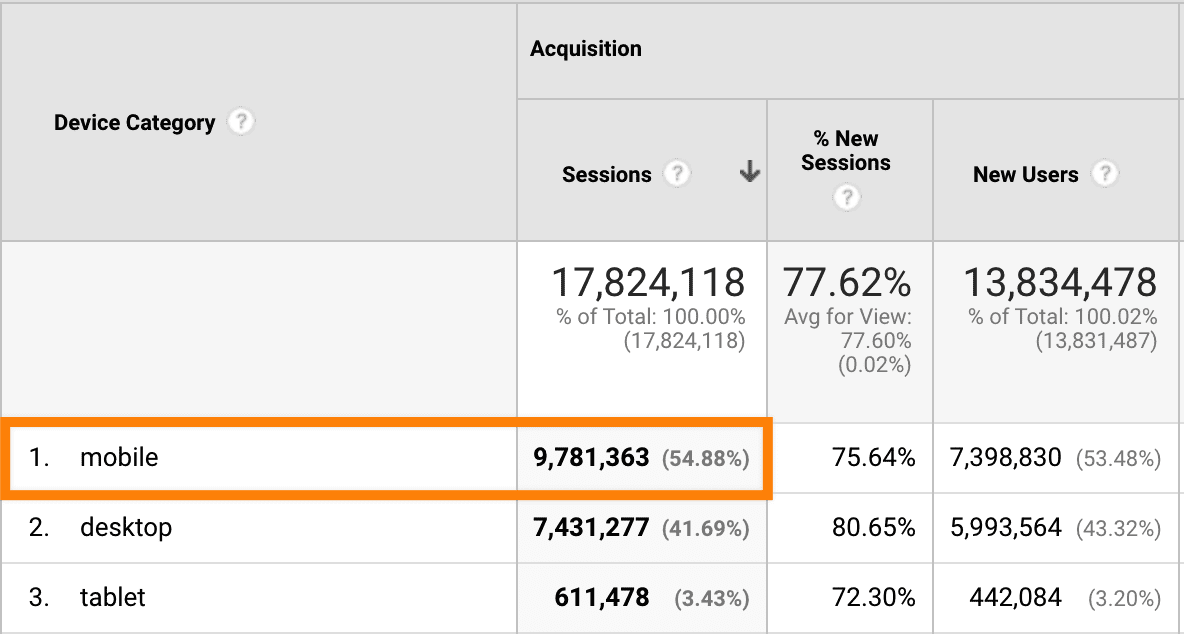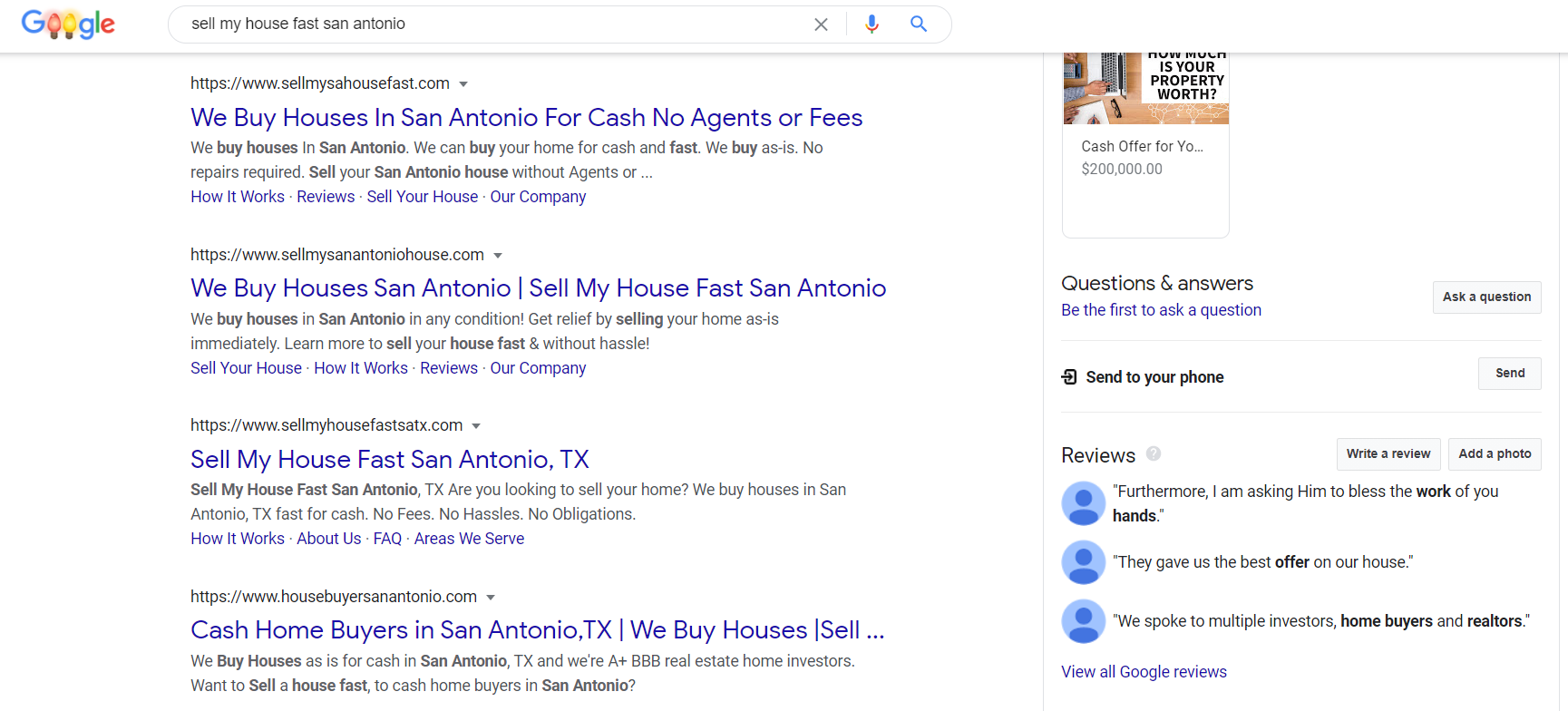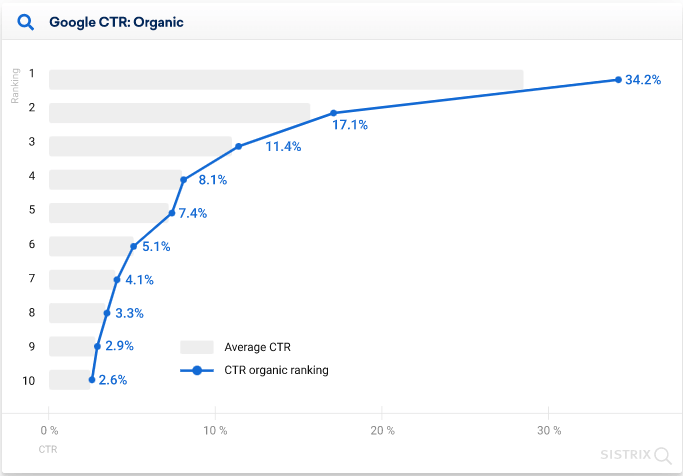
In early 2021, the Apple iOS 14 update and Facebook Ads changes are coming.
As usual, the update improves things like speed, ease of use, and app management for iPhone users.
But this update introduces a new feature that has marketers, advertisers, and even social media platforms concerned.
Put simply, the update requires developers to attain permission from iOS users before tracking the person’s information.
Here’s how Apple explains it on their update page…
“Developers will be required to get your permission before tracking you. See which apps you have given permission to track in Settings so you can change your preferences.”
So how does that impact advertising efforts on sites like Facebook?
Let’s talk about that.
The iOS 14 Update: What Is It?
Apple will begin requiring that all apps from their app store provide a proactive prompt that allows users to either opt-in or out of data collection.
This is an evolution in marketing and technology and will no doubt have an impact on the marketing world. If you look back in the relatively short history of digital marketing big changes like this are actually fairly common.
For example, Google updates its search algorithm often – and when it does you will usually hear a few people losing their minds that “SEO IS DEAD” but if you look for the level heads, you will find practical ways to adapt and optimize.
In the mid-2000’s when Pop Up Blockers were created, many people thought digital ads were done for, and even Facebook themselves have implemented multiple changes to their algorithm and policies that have impacted advertisers.
The sky is not falling — and for level-headed, consistent marketers this could well be an excellent opportunity to leave lazy and one-trick pony competitors in the dust. The principles of good marketing remain unchanged – the right message to the right people at the right time
There are impacts to advertisers that use SDK for App downloads – not included in these notes.
What Will Be Changing?
Apple is rolling out a new privatized click measurement protocol – “Private Click Measurement” (PCM)
This does not support app to web conversion measurement (IE Instagram to Website)
This also does not support cross-domain measurement – for example, if you redirect from .com to a .de or .uk
Facebook is implementing their own solution as a counter measure which will support app to web but still cannot support cross domain measurement.
- Facebook campaigns can only optimize on up to 8 events. Any campaigns optimizing on more than 8 events will be paused.
-This limitation is not per pixel but per domain ( so if a domain has multiple pixels on it, any events would cant towards all pixels) - Subdomains are subject to this limitation
- If a user opts-in to data collection then you can use the 8 events. If they opt-out, you can only have 1 event which is why prioritization is so important. FB can only report on one event.
- The standard conversion window will also change to 7-day click and NO view through. In the past, the standard was 7-day click and 1-day view-through. For real estate investors where not a lot of events are occurring (by Facebook standards) sometimes a 28-day click window would be used. Those will no longer be available to use. So while the same amount of events might still be happening, your ability to track them will decrease.
-We will see a decrease in website customer audience sizes and an increase in overlap of audiences.
-Advertisers using more complex pixel-based audiences will feel this more
-breakdowns by demographic will no longer be available for conversion events - You will see less ad reach on the Facebok Ad Network (ads outside of Facebook)
Here’s What You Can Do To Your Facebook Ads To Be Ready For the Change
- Verify your domain
- Prioritize and configure your top 8 events (you must prioritize these so Facebook knows which events to focus on reporting)
- Anticipate changes in attribution windows – conversions will happen outside of that, but will not be reported (audiences rules will change)
- Reestablish baselines of performance.
- After changing one of our 8 events or reprioritizing – wait about 3 days before running ads again)
Watch this video to make sure your your Facebook pixel has been updated so it does not cause problems when the new IOS update is released…

Are You Fumbling Your Way Through FB Ads? Or, Simply What to Get Started?
Let the expertise of Silver Street do the leg work for you. They will create an account as if it was their own.
How The iOS 14 Update Impacts Advertising Results
What makes an advertising campaign effective?
Is it the content of the ad? The sales copy? The image?
Well, partly. But even if you have phenomenal sales copy and an eye-catching image, you’re not going to be able to consistently generate leads if you’re targeting the wrong people.
Advertising platforms have always prided themselves on being able to provide businesses with extremely specific and personalized market information.
On Facebook, for instance, businesses have always been able to target people who are interested in a certain topic, of a certain demographic.
That’s what makes these platforms so darn effective.
You’re not targeting everyone, you’re targeting the right people.
That drives down advertising costs and you get more bang for your buck.
But this new update requires developers to acquire permission from iOS users in order to track personal information.
This means, for instance, that people can opt-out of giving Facebook their information. If that happens en masse, then businesses are going to see more expensive advertising costs.
Even Facebook is admitting to this problem…
“Apple’s proposed changes will limit your ability to effectively reach, understand and engage people on mobile devices and across the web. They will impact your ability to understand performance, control who sees your ads and make informed decisions about your advertising budgets. As these changes take effect, over time you may see an overall decrease in ad performance and personalization and an increase in cost per action.”
This problem becomes a little more real when you realize that over 50% of mobile sessions on Carrot member sites were from Apple products in 2020.

Additionally, mobile devices made up over 54% of all real estate sessions in 2020.

It’s difficult to know just how big of a problem this will be for businesses that depend on Facebook and other similar platforms for their ads and lead-gen.
But it’s certainly changing the game.
In fact, there are two things that this indicates.
The first is that Facebook advertising is going to likely become less profitable as time goes on. This won’t happen immediately, but it’s something that every business owner should be aware of.
And second, it’s a pretty strong indication that this is the way the future is going.
As consumers become increasingly concerned about giving their personal information to advertisers, to compete, phone and desktop companies (like Apple) are going to start giving users the ability to opt-out of being tracked.
Consider that, as Fortune reports…
“Nearly 80% of U.S. adults are “somewhat” or “very” concerned about how companies use their personal digital data, the Pew Research Center said on Friday, proving a suspicion that already existed. Additionally, 81% of adults feel they have little or no control over the data companies collect.”
In other words, this dilemma isn’t going away anytime soon.
The question then is, as a business owner, how should you prepare for what the future holds?
As with all major marketing companies, Facebook will eventually figure out a way around this change. But, now is a great time for you to future-proof your business so that marketing and generating leads doesn’t become a bottleneck?
That’s where evergreen marketing comes in.
Evergreen Marketing is Becoming More Important Than Ever
To avoid prepare your business for the future, you need to understand the difference between evergreen marketing and interruption marketing.
Interruption marketing is what most business owners are familiar with — you interupt the prospects when they’re doing something unrelated to what you’re offering and try to grab their attention.
This is how Facebook ads, direct mail, billboards, bandit signs, and cold calling all work.
If you’re targeting the right people, this can be pretty effective. But it’s the targeting that the iOS update — and likely future iterations — are making more difficult.
Of course, we’re not telling you to completely eliminate interruption marketing from your advertising strategy. So long as it’s helping you close profitable deals, you should keep doing it.
But it’s also important that you work to build a more long-term lead-gen machine.
After all, interuption marketing tactics are short term.
You might get a spike of leads when you run the ad or send the mailer, but if you stop advertising, then the leads stop flowing.
Is there an alternative?
Yes! And it’s called evergreen marketing.
The Oxford definition for “evergreen” is helpful for understanding what we’re talking about…
“relating to or denoting a plant that retains green leaves throughout the year.”
The general idea behind evergreen marketing is that it keeps on giving. It doesn’t stop generating leads when you take a break… it’s sustainable.
For a marketing campaign to be evergreen, there is one main criterion: It must act as a marketing asset and that asset keeps generating leads long after you stop putting time and money into it.
Interuption marketing is like hunting for your leads… and evergreen marketing is like farming for your leads.
And since evergreen marketing benefits the consumer as well as the business (because it doesn’t feel like an invasion of privacy), it’s unlikely to be impacted by upcoming security policies like iOS 14.
The crown jewel of evergreen marketing is SEO — ranking your website in Google to drive traffic and generate leads.
Ranking In Google
Getting your website ranked organically in Google is one of the most effective evergreen marketing strategies known to business owners.
That’s why, this year, businesses have spent around $80 billion on SEO (Search Engine Optimization) services.
Why is SEO so valuable?
Let’s look at an example.
Imagine that you’re a real estate investor in San Antonio.
Well, with a bit of research, we find that “Sell my house fast in San Antonio” gets a whopping 1,600 searches every single month in Google.

Think about it: that’s 1,600 people every single month who are searching for someone who can help them sell their house fast.
If you’re an investor in San Antonio, those people are your target market.
Now imagine that you were able to get your website ranking near the top of page 1 for that keyword phrase.

Assuming that your website is built to convert visitors into leads as seamlessly as possible (that’s what we specialize in helping agents and investors with at Carrot!), then a lot of people are going to click and a lot of people are going to convert.
That means more lead and deals for your business without more work or marketing dollars.
And that’s what we see when we look at the data.
The first organic result on search phrases in Google recieve 34% of the clicks and traffic. The second position receives 17%, and the third receives 11.4%. So on and so forth.
But the farther you are from the top of page 1, the less clicks you’re going to get.
In fact, if you’re on page two, then you’re practically invisible.
So there are a few questions we have to answer.
- How do you get your website to page one?
- How do you do that for not just one high-value phrase, but for multiple… so that you’re driving traffic on autopilot?
- How do you make sure that you website is optimized to convert that traffic into leads?
Here’s a brief overview of how each of those pieces works (and some practical advice for what you can do to improve your rankings).
How Do You Improve Your Website’s Rankings?
The content that Google chooses to rank for a given search is based on their extremely complex algorithm.
But the good news is that the most important factors in this algorithm are mostly known.
Because while there are a lot of different factors inside of Google’s algorithm, not all of those factors are equal.
Here are some of the most important SEO for real estate factors to consider…
- Site Speed — Google wants page 1 results to load fast for its users. So it’s important to have a fast website. This mostly depends on your website hosting. All Carrot websites have lightning-fast hosting included.
- Keyword Optimization — Google uses the words on your website’s pages to determine what phrases to rank it for. If you want to rank for “sell my house fast”, then you need to include that phrase in your title tag, meta description, URL, and the content of your page as well.
- Mobile Optimization — Most internet traffic is now mobile. And Google knows that, so your website needs to be optimized for mobile traffic if it’s going to rank. All Carrot sites are automatically mobile friendly!
Learn How Carrot Can Help Your Website Rankings Improve [FREE TRAINING]
How Do You Rank For Multiple High-value Phrases In Google?
The key to ranking for multiple high-value keyword phrases in Google (sell my house fast, how to deal with probate, sell my house for cash, etc) is to create various pages that target those keywords.
You definitely don’t want to try and rank the same page for multiple keywords that are all very different.
By doing that, you’ll probably end up ranking for nothing.
The easiest ways to do this are by (1) publishing new content on your blog consistently — Carrot provides Content Pro and Advanced Marketer members with monthly blog posts! — and (2) creating new sales pages that target different keywords — you can also do this easily with Carrot!
Think of each new page or blog post as a doorway.
It’s another thing that can rank in Google and potentially drive traffic to your website. The more doorways you have, the more traffic you’ll drive!
How Do You Optimize Your Website To Convert SEO Traffic Into Leads?
Here’s the reality.
Website traffic that comes through evergreen marketing tactics like SEO isn’t very valuable if it’s not turning into leads for your business consistently.
So you need to make sure that you website is optimized to convert.
How?
Well, there’s an entire science to this.
And at Carrot, we’ve spent years studying, testing, and iterating to make all of our agent and investor websites convert as consistently as possible.
Many of our members get 10% – 30% conversion rates!
If you want to join the club and get a headstart on your SEO and evergreen marketing, you can try Carrot risk-free for 30 days!
Learn How Carrot Can Help Your Website Rankings Improve [FREE TRAINING]
Conclusion
The iOS 14 update is going to make advertising on platforms like Facebook a little uncertain for a while.
More than anything, this decision is a sign of things to come.
Consumers don’t like their data being taken so this trend isn’t going to stop anytime soon.
The answer, though, is to transition over to evergreen marketing.
And you can use the above tactics to get started!

